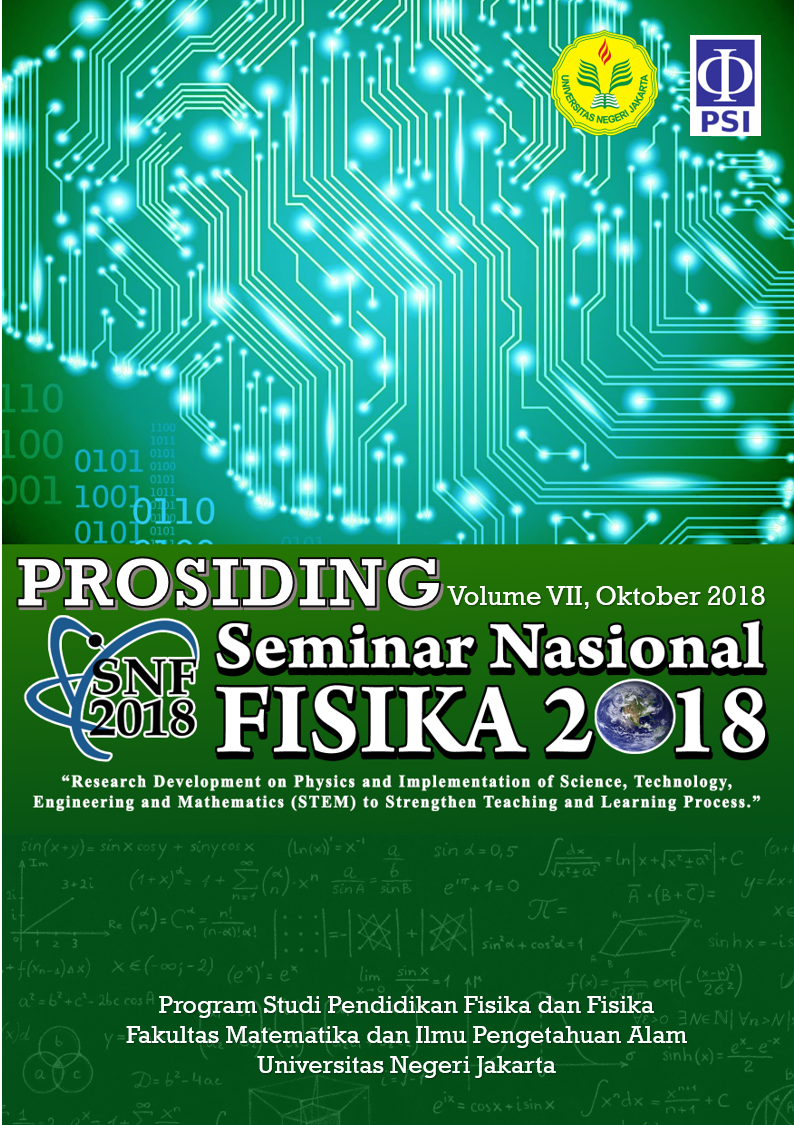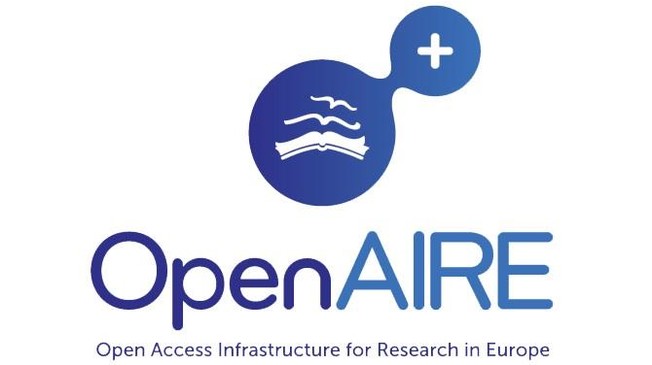STUDI SPEKTROSKOPI PADA GARIS EMISI BETA LYRAE
Abstract
Abstrak
Telah dilakukan studi mengenai pembentukan garis emisi pada Beta Lyrae. Beta Lyrae menjadi objek penelitian yang menarik selama 200 tahun terakhir dari berbagai metode pengamatan sinar-X, UV, optic, radio, dan inframerah. Kami memaparkan hasil pengamatan spektroskopi Beta Lyrae menggunakan spektrograf NEO R-1000 yang dipasang pada teleskop C-11 di Observatorium Bosscha. Pengamatan dilakukan selama bulan Agustus hingga September pada tahun 2015. Hasil pengamatan spektroskopi Beta Lyrae juga dibandingkan dengan data dari BeSS untuk melihat variasi perubahan spektrumnya terhadap waktu. Kemunculan profil garis invers P-Cygni pada panjang gelombang He I 5876 menjadi salah satu kasus yang menarik pada Beta Lyrae. Kami menduga bahwa profil invers P-Cygni dalam tahap evolusi spektrum sebelumnya berupa profil P-Cygni. Perubahan spektrum profil P-Cygni menjadi invers P-Cygni mengindikasikan bahwa keadaan lapisan gas terluar yang tidak stabil secara dinamik akibat proses transfer massa atau terjadi perubahan kecepatan rotasi yang berdampak pada perubahan laju kehilangan massa. Selain itu, juga terdapat fitur garis emisi yang kuat di panjang gelombang Hα λ 6563. Puncak profil garis Hα tersebut mengalami pergeseran panjang gelombang. Pergeseran garis dapat mengindikasikan adanya efek tekanan atau akibat dari ejeksi lapisan bintang.
Kata-kata kunci: Beta Lyrae, Garis Emisi, Spektroskopi, P-Cygni.
Abstract
A study has been conducted on the formation of an emission line in Beta Lyrae. Beta Lyrae has been a fascinating object of research over the past 200 years from various observational methods such as X-ray, UV, optic, radio, and infrared. We presented Beta Lyrae spectroscopic observations using the NEO R-1000 spectrograph mounted on the C-11 telescope at the Bosscha Observatory. Observations were made during August to September in 2015. The results of spectroscopic observations of Beta Lyrae is also compared with data from Bess to see the variation of the spectrum changes over time. The appearance of the P-Cygni inverse line profile at He I 5876 wavelength became one of the interesting cases on Beta Lyrae. We suspect that P-Cygni's inverse profile in the previous spectrum evolution stage is a P-Cygni profile. Changing the P-Cygni profile spectrum to P-Cygni inverse indicates that the state of the outermost layer of the unstable gas dynamically due to mass transfer or rotational velocity changes affecting the change in mass loss rate. In addition, there is also a feature of a strong emission line at the wavelength of Hα λ 6563. The peak profile of the Hα line undergoes a wavelength shift. The shift line may indicate the effect of pressure or as a result of ejection layers of the star.
Keywords: Beta Lyrae, Emission Line, Spectroscopy, P-Cygni.





